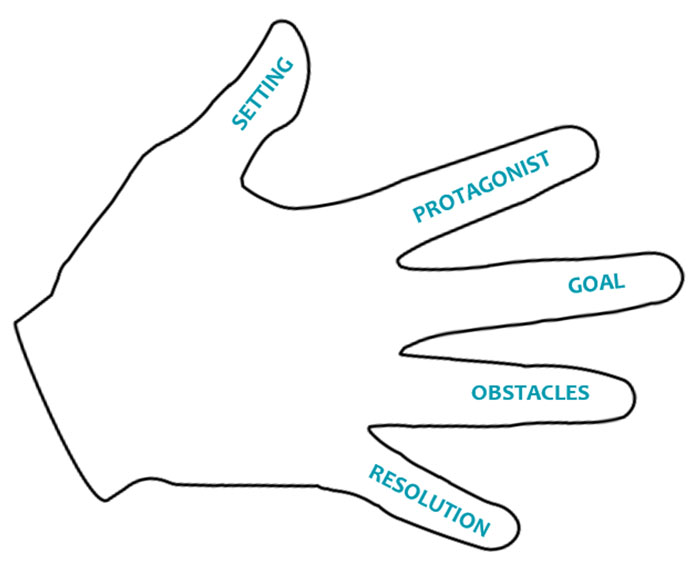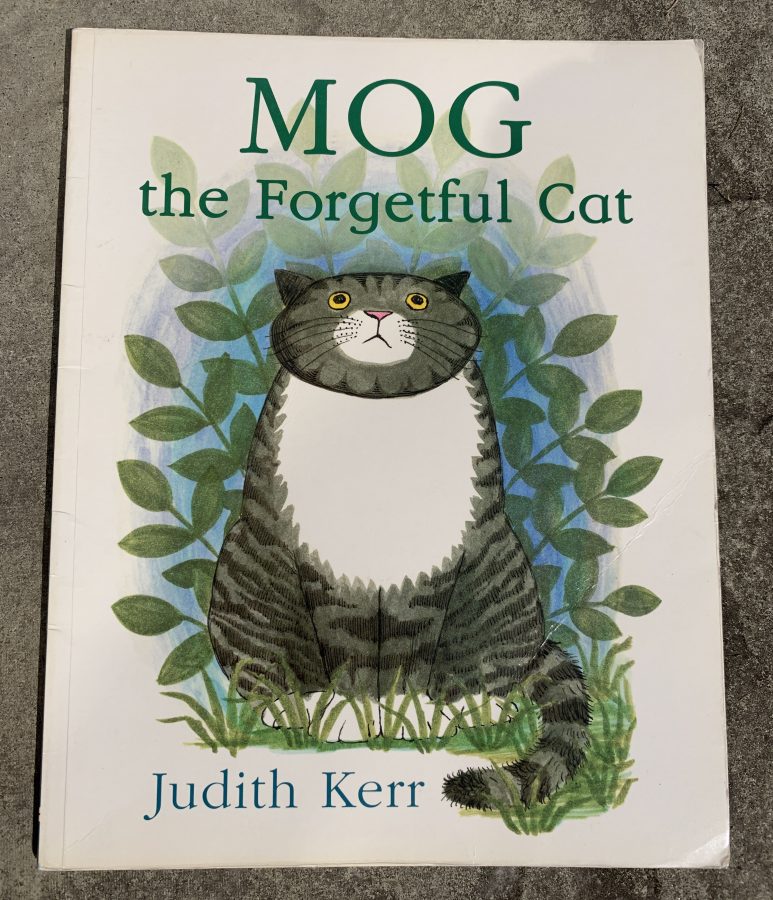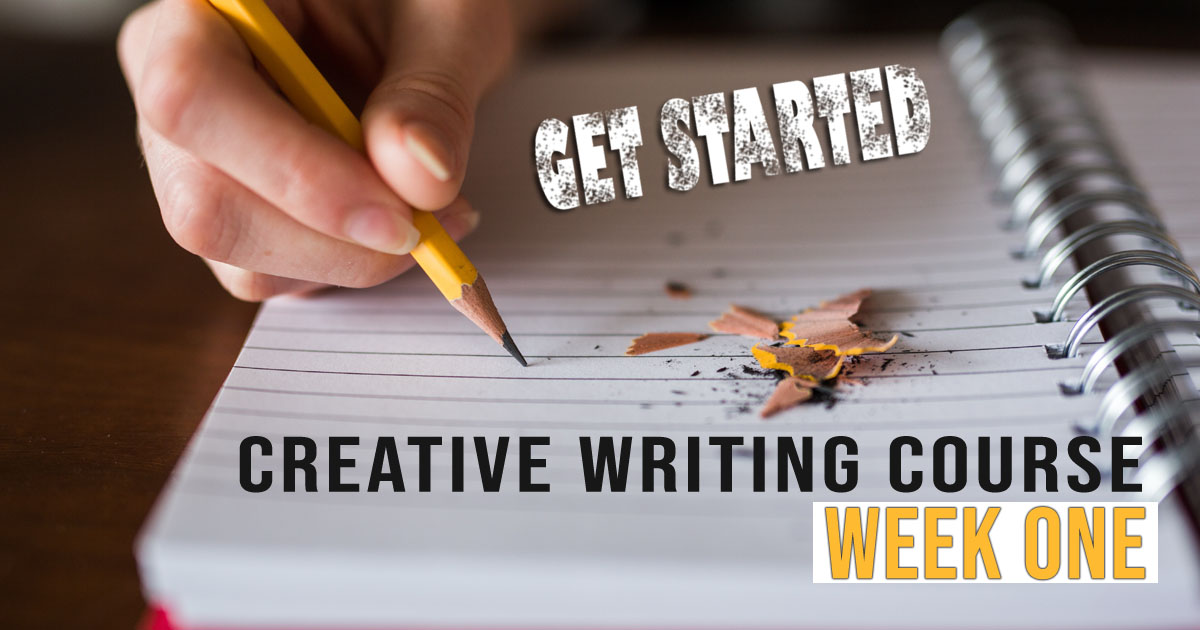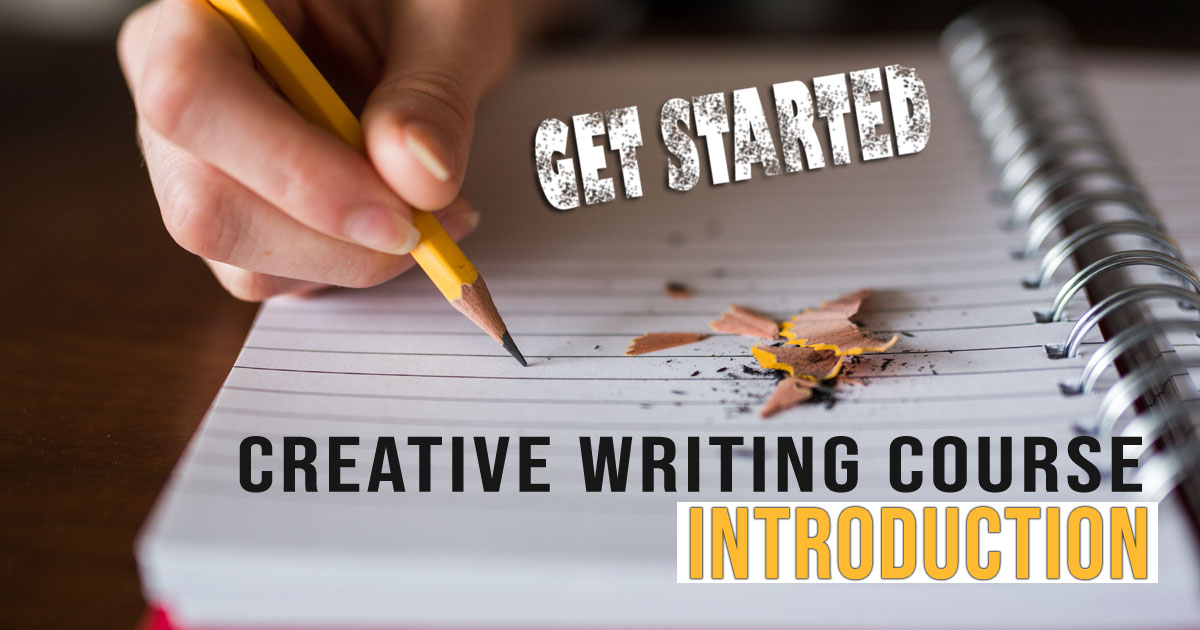
THE FIVE FINGER PITCH
A story has five elements: Setting, Protagonist, Goal, Obstacles and Resolution.
If you miss any one of these elements, you will not have a complete, or satisfying story to tell. They are the ‘bare bones’ of any story and if you had to ‘pitch’ your story idea to someone in just a single paragraph, these elements would succinctly tell them what your story is about.
For example, my teen novel FREEN: The First Truth is set in (setting) Eastbourne and is the story of fourteen-year-old (protagonist) Gem, who discovers that her necklace is the key to an ancient secret. She and her friends (goal) want to reveal the truth to the world, however, (obstacle) Government agents are after them and they must (resolution) decide if the truth is worth telling.

SETTING (time period and/or location) – is the story set in a specific or recognisable time period, geographical location or other world? This should be clear and will affect the direction, style of writing and possibly, the word-count.
PROTAGONIST (the main character) – every story needs a main character, i.e. the character whose point of view (PoV) is most prevalent and that your readers can become emotionally invested in.
GOAL – What is your protagonist trying to do? They need a goal, a wish, a desire or a need that makes the ‘story’. This could be; escaping from a bad relationship, finding a lost treasure, discovering their true identity or, even simply getting through year five at school – but that goal should be clear because the reader needs to be rooting for them to succeed.
OBSTACLES (or events) – Who or what is stopping, or making it difficult for the protagonist to achieve their goal? Obstacles can come from a single or multiple sources and can even be some aspect of the protagonists’ character that becomes the obstacle. Without an obstacle, a story would not be much of a story.
The RESOLUTION – How does your protagonist achieve their goal, despite the obstacles? Perhaps they don’t achieve their goal but, the resolution is their acceptance of this fact.
Exercise 1
Pretty much every story can be summarised using the ‘five finger pitch’.
Test this theory out: consider a few books and/or films you have recently read or watched and see if you can identify your own answers to the following questions (in bold). Remember to think about the overall picture, rather than the specific details:
EXAMPLE 1
Film/Novel title: ET (science fiction film by Steven Spielberg)
Setting: Suburban California
Protagonist: the story is from the point of view of Elliot, the young boy who finds the alien.
Goal: Elliot is trying to get the alien (ET) back home
Obstacles: The government agencies who want to capture the alien
Satisfactory resolution: ET goes home
EXAMPLE 2
Children’s stories still have all the same five key elements, but without the complexity that an adult story/novel might have.
Novel title: Mog, The forgetful Cat (a children’s story by the much loved Judith Kerr)
Setting: Mog lives with Mr and Mrs Thomas and their children in an ordinary house England.

Protagonist: Mog The Forgetful Cat
Goal: For everyone to love and appreciate her.
Obstacles: Mog is forgetful, and that gets her into all sorts of trouble with her owners.
Satisfactory resolution: Mog alerts the family to a burglar and becomes a hero, which makes everyone appreciate her and love her more.
Exercise 2
You are going to use a Five Finger Pitch to plot and then write your own short story of around 500 words, using one of the improbable scenarios listed 1 to 5 below. Remember to describe what you see, how you feel and any smells, sounds or sensations you might experience too.
PROTAGONIST You are the main character.
GOAL You have an important meeting that you must attend, this afternoon – your future depends on it.
SETTING When I woke up this morning, I wasn’t in my bedroom…..

Now select an OBSTACLE from numbers 1 to 5 below. You could randomise your selection by throwing a dice (create your own scenario if you throw a 6).
1 … I was clinging to the branch of a tree, in a jungle full of dangerous creatures and poisonous plants.
2 … My bed was a boat and I was in the middle of a choppy ocean, surrounded by sharks.
3 … I was on the moon with a broken spacecraft and a rather angry alien.
4 … I was trapped in a cage, hanging from the ceiling of a castle, surrounded by guards shouting, “Off with their head”.
5 … I was running through a network of underground tunnels, being chased by angry trolls.
RESOLUTION How will you get out of your predicament and arrive at your meeting on time?
Remember, this is your story and you can write your way out using absolutely any escape plan you can think of – be imaginative – crazy even – push yourself to be as daft and inventive as possible.
I would love to hear your stories, please do feel free to post them in the comments below.



